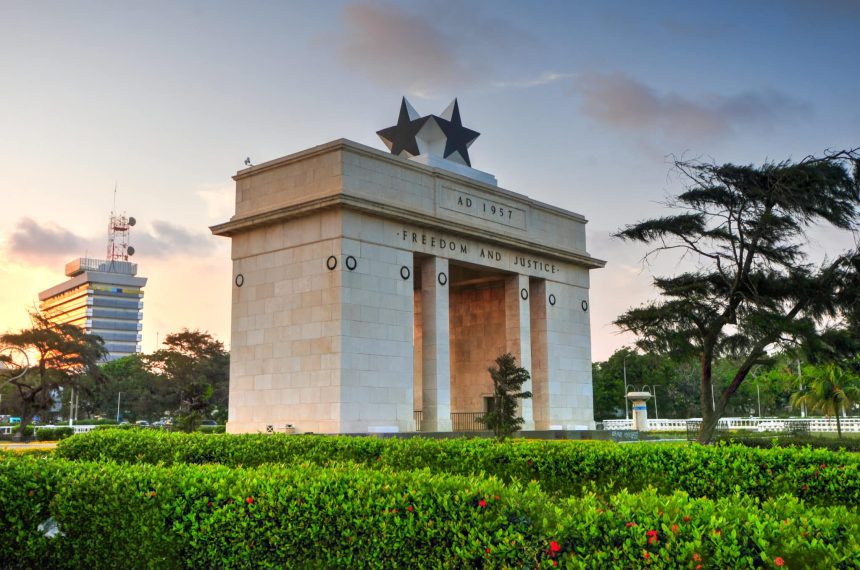Ghana plans to abolish the minimum capital requirement for foreign investors under a review of the Ghana Investment Promotion Centre (GIPC) Act.
Why it matters
The move is aimed at lowering entry barriers, boosting competitiveness, and attracting more global capital as policymakers push to expand private sector investment and accelerate job creation.
Driving the news
- President John Dramani Mahama announced the reform at the Presidential Investment Forum in Japan.
- He assured investors that Ghana remains open for business, citing improving macroeconomic conditions and the cedi’s strong performance this year.
- “In the reviewed GIPC Act, we are removing those minimal capital investments. This will enable any investor, however little money you have, to be able to come in and set up a business in Ghana,” Mahama said.
By the numbers
- Inflation: Fell from nearly 23% in 2024 to 13.7% and projected to reach single digits by year-end.
- Credit rating: Ghana has been upgraded from junk status to B- with a stable outlook.
- Currency: The cedi is the strongest-performing African currency this year, according to Mahama.
The bigger picture:
- Minister for Trade, Agribusiness and Industry, Elizabeth Ofosu-Adjare, described Ghana as a “gateway to West Africa,” positioning the country as a hub for Japanese firms to expand through the African Continental Free Trade Area (AfCFTA).
- She urged investors to transform discussions into “joint ventures, industrial clusters and supply chains that carry the stamp of both Ghanaian resilience and Japanese excellence.”










